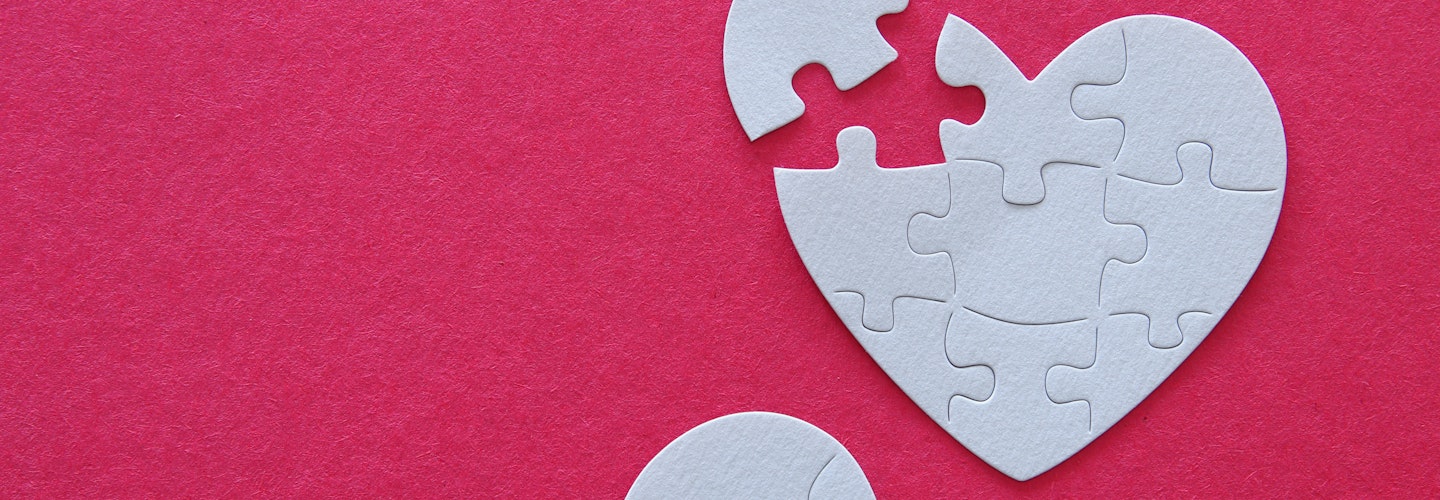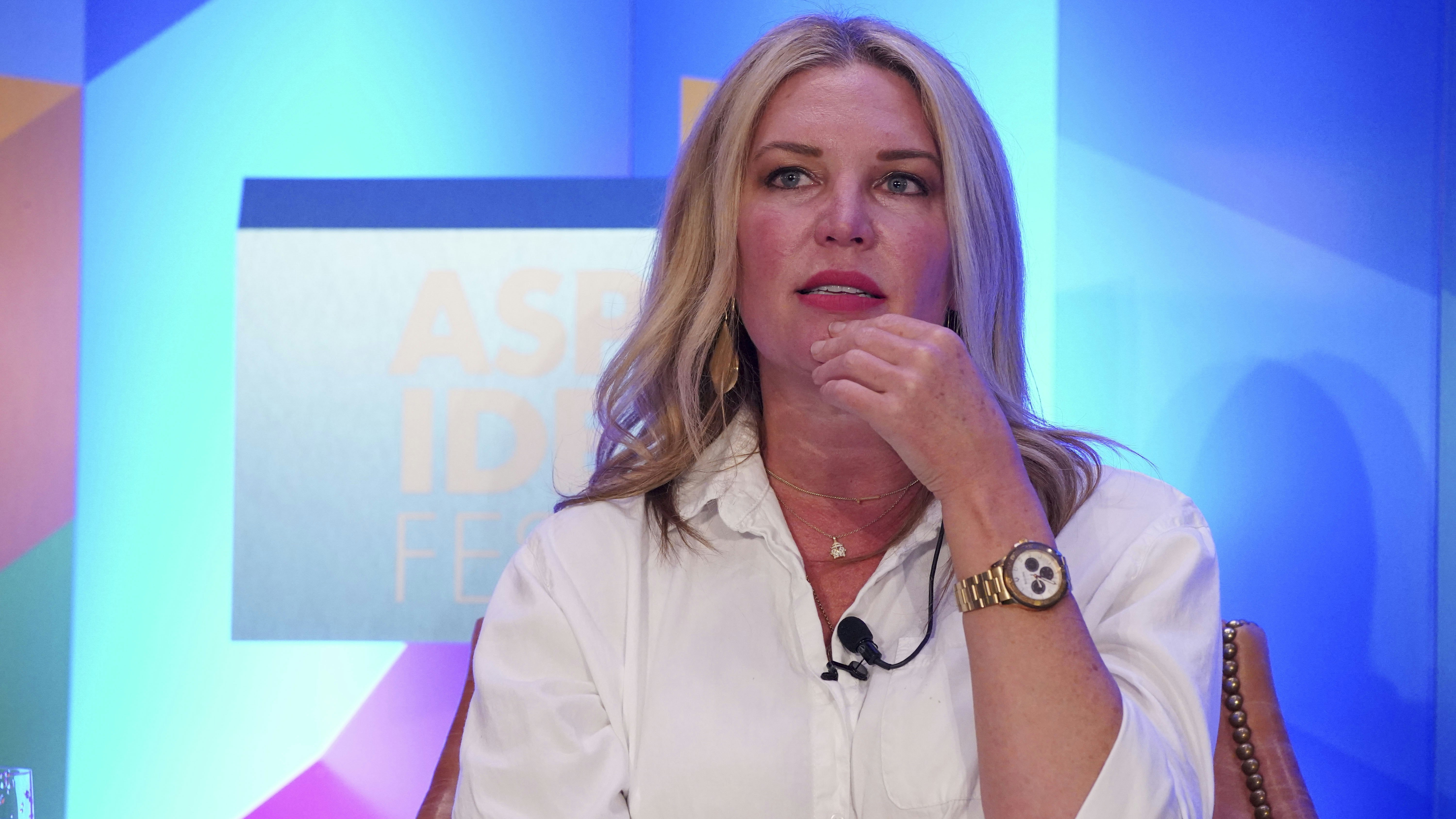

Watch: Jen Hatmaker's Breakup Script
A Step-By-Step Guide
Make the Right Distinction
There's a distinction to be made between what might be a necessary ending and what isn't, Jen Hatmaker says. Here are some questions to ask yourself to help figure that out:
In the long-haul, from the 30,000 foot view, is this relationship mostly healthy? Does it primarily fuel me, does it primarily energize me, is it reciprocal, is there a built-in mutual respect inside of it?
OR does this does this friendship just constantly stress me out? Is this the one where I am generally leaving it depleted, irritated, feeling invisible or unseen, unheard, and frustrated?
For the majority of us, Hatmaker says, confrontation is such a deterrent that we would stay in an unhealthy friendship for a decade just hating it, irritated and frustrated because we don't want to have one hard conversation.
Ground Rules
It needs to be a face-to-face conversation. No breaking up over text.
It needs to be in a calm moment, not in the heat of a discussion or disagreement.
Start Kind
It's important to start with compassion, Hatmaker says. You can say something like, "At the beginning of this friendship, this was one of my favorite things about us. You always made me feel seen, or I always felt like I could come to you and say anything, or I loved the way that you were in a room and I felt supported by you and I've always cherished that about you, that's always been precious to me."
Take Ownership
Next, demonstrate some accountability: "I am sorry because I have been feeling a different way for however long and instead of being honest and courageous to talk to you directly and frankly, I've just avoided it. It's probably come out sideways, it probably came out as passive aggression or distance and you probably felt it, and that's because I was just avoiding a conversation and that's my fault." You can even acknowledge some ways that you've contributed to a gap or distance in the relationship.
Then you can say something like, "At this point in our relationship, when we're together I no longer feel seen/cherished/safe" — whatever the thing was that you said originally. "I struggle to be myself, I find myself hiding how I'm actually feeling or what I'm actually wanting. I feel unseen or I feel like this is no longer reciprocal. I feel resentful."
Whatever it is, it's about you. It's not about them; this is not the moment to list their sins. It's the moment to say, "This is how I feel inside of our friendship and it's my fault for not saying it sooner."
And Finally . . . Hold Firm
This is the hardest part, the breaking up. You can say something like, "At this point I need us to have space in our friendship."
Yes it's hard, Hatmaker says. Yes they will probably be angry and hurt and lash out, especially if that relationship is not reciprocal and you have done the lion's share of work inside of it and that person's accustomed to taking advantage of you. Don't expect this to go well, but hold firm. Don't come back three days later because you can't handle the discomfort, just sit in it.
By Maya Kobe-Rundio, Associate Digital Editor, Aspen Ideas



